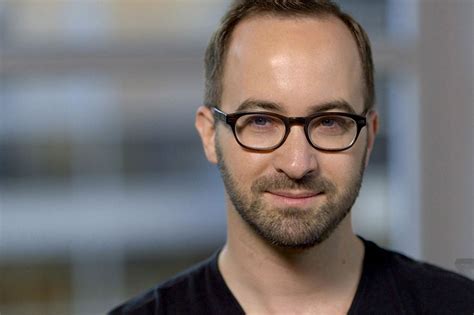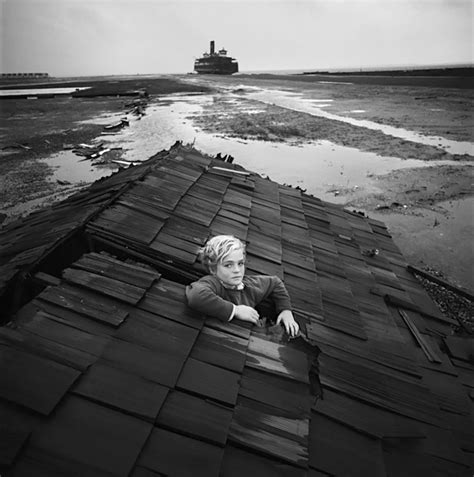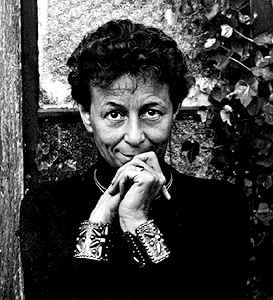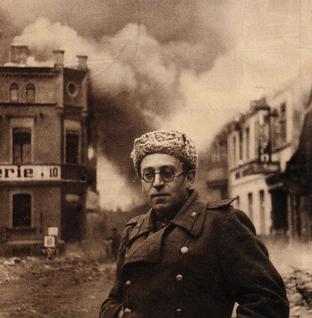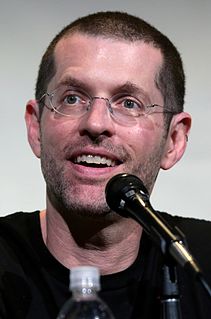A Quote by Erica Jong
The camera creates a magical transformation. It's not enough to exist; we must chronicle that existence. ... Narrative- and image-making creatures like humans don't feel any experience is complete unless it's recorded.
Related Quotes
The photographic image has great possibilities. The magical photograph attempts to go beyond the immediate context of the recorded experience into the realm of the indefinable. The photographer as magician is acutely aware of the multiplicity of associations submerged in the appearance of the objective world.
Each time I make a photograph I celebrate the life I love and the beauty I know and the happiness I have experienced. All my photographs are made like that responding to my intuition... After all these years, I am still motivated by the radiance that light creates when it transforms an object into something magical. What the eye sees is an illusion of what is real. The black-and-white image is yet another transformation. What exactly exists, we may never know.
Man and fascism cannot co-exist. If fascism conquers, man will cease to exist and there will remain only man-like creatures that have undergone an internal transformation. But if man, man who is endowed with reason and kindness, should conquer, then Fascism must perish, and those who have submitted to it will once again become people.
Each thing that exists remains forever, and that very existence of existence is proof of its eternity. But without that realization, which is the knowledge of perfect being, man would never know whether there was existence or non-existence. If eternal existence is altered, then it must become more beautiful; and if it disappears, it must return with more sublime image; and if it sleeps, it must dream of a better awakening, for it is ever greater upon its rebirth.
If there is existence, there must be non-existence. And if there was a time when nothing existed, there must have been a time before that - when even nothing did not exist. Suddenly, when nothing came into existence, could one really say whether it belonged to the category of existence or non-existence?
To admit the existence of a need in God is to admit incompleteness in the divine Being. Need is a creature-word and cannot be spoken of the Creator. God has a voluntary relationg to everything He has made, but He has no Necessary relation to anything outside of Himself. His interest in His creatures arises from His sovereign good pleasure, not from any need those creatures can supply nor from any completeness they can dring to Him who is complete in himself.
The close-up has no equivalent in a narrative fashioned of words. Literature is totally lacking in any working method to enable it to isolate a single vastly enlarged detail in which one face comes forward to underline a state of mind or stress the importance of a single detail in comparison with the rest. As a narrative device, the ability to vary the distance between the camera and the object may be a small thing indeed, but it makes for a notable difference between cinema and oral or written narrative, in which the distance between language and image is always the same.
Humans, like all other creatures, must make a difference; otherwise, they cannot live. But unlike other creatures, humans must make a choice as to the kind and scale of difference they make. If they choose to make too small a difference, they diminish their humanity. If they choose to make too great a difference, they diminish nature, and narrow their subsequent choices; ultimately, they diminish or destroy themselves. Nature, then, is not only our source but also our limit and measure.
If you see the intersection of time and space, you experience complete freedom of being. This state of existence is completely beyond any idea of time, space, or being. In that liberated state you can see fundamental truth and the phenomenal world simultaneously. That is called Buddha's world. That is the place where all sentient beings exist, so you can stand up there and see all beings, myriad beings. Then you know very clearly, through your own emotional and intellectual understanding, how all beings exist.

